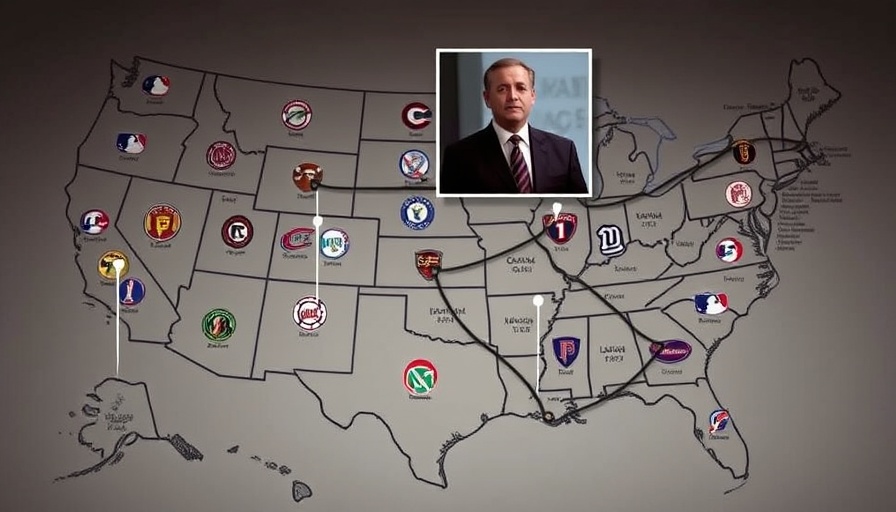
Rob Manfred's Bold Vision: A New Era for Major League Baseball?
The recent comments by MLB Commissioner Rob Manfred about potential realignment have sent shockwaves through the baseball world. While many traditionalists are vehemently opposed to the idea, arguing that it threatens the essence of the game, it’s crucial to evaluate what such a radical change might entail and how it could shape the future of America's favorite pastime.
The Case for Realignment: More Than Just a Name Change
Manfred's vision isn’t merely a cosmetic alteration; it stems from the need to adapt MLB in the face of growing concerns over player well-being and travel fatigue. By restructuring the league into geographical conferences, as seen in the NBA and NHL, MLB could potentially reduce travel for teams, which is often a grueling aspect of the season. This adjustment can lead to increased player performance and health, ultimately making the game more competitive and exciting.
The Response: Tradition vs. Innovation
Despite the potential benefits, the backlash highlights the deep-rooted attachment fans and players have to the traditions of baseball. Notable figures like broadcaster Howie Rose and former player Cameron Maybin expressed their concerns about the integrity of the game. Maybin's commentary on the risk of “watered down” divisions resonates with many who fear that iconic rivalries might dissolve as teams are shuffled into new divisions.
Expansion Plans: Where Could New Teams Go?
The realignment discussion is intricately tied to MLB’s potential expansion. Cities like Nashville, Portland, and Charlotte have expressed interest in hosting new teams, but each market poses unique challenges and opportunities. Determining the best fit requires careful consideration of fan engagement, regional rivalries, and logistical constraints.
The Traditionalists' Perspective: What’s at Stake?
For long-time fans, the proposed changes evoke a sense of loss. Baseball has thrived on its traditions, and shifting away from the established American and National League format could tarnish the historical narrative that many cherish. The nuances of longstanding rivalries—think Yankees vs. Red Sox or Cubs vs. Cardinals—are core components of what makes baseball special. This specter of change ignites passionate discussions around preserving these legacies while addressing modern needs.
Looking Ahead: Benefits vs. Challenges
The potential benefits of Manfred’s proposal include a more engaging postseason format that could delight broadcasters and enhance fan experiences. However, implementing such a sweeping change poses significant challenges, including maintaining the competitive balance of the league and addressing the diverse perspectives emerging from various team stakeholders.
Your Thoughts: Would You Support Realignment?
As fans, we stand at a crossroads. Would you support a new narrative for MLB, one that reshapes divisions and potentially revitalizes the game? Or does the thought of losing time-honored traditions dampen your enthusiasm? Your voice matters in this debate—join the conversation and explore the future of baseball.
If you care about the direction of Major League Baseball, consider voicing your opinion to MLB officials or engaging in discussions on social media. The future of the game hinges on our collective input!
 Add Row
Add Row  Add
Add 




Write A Comment